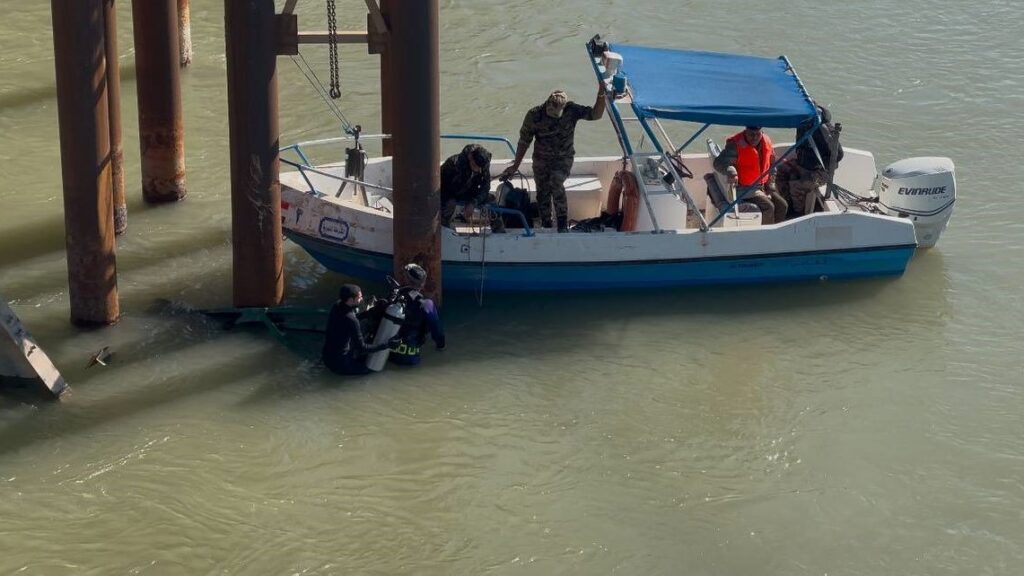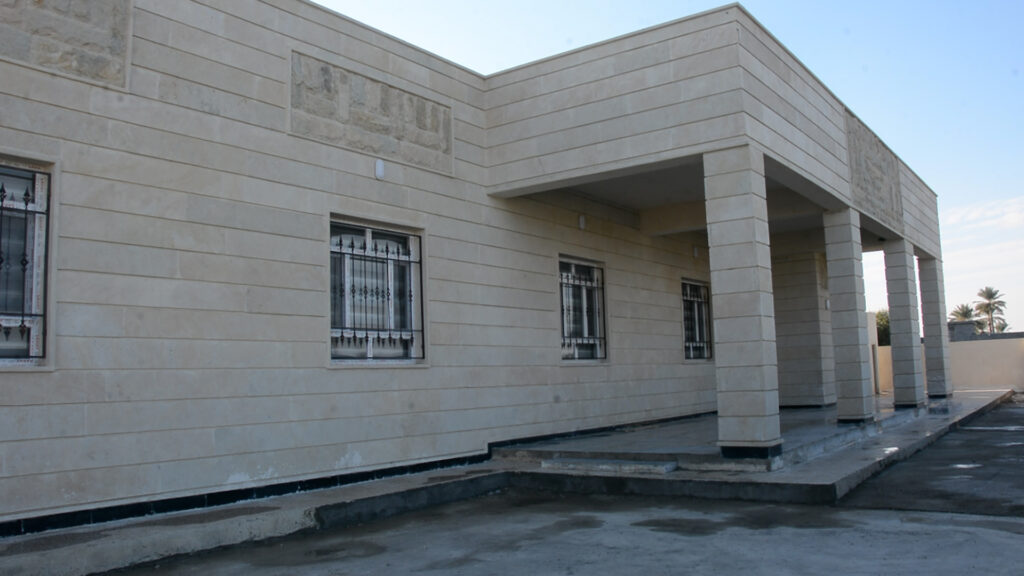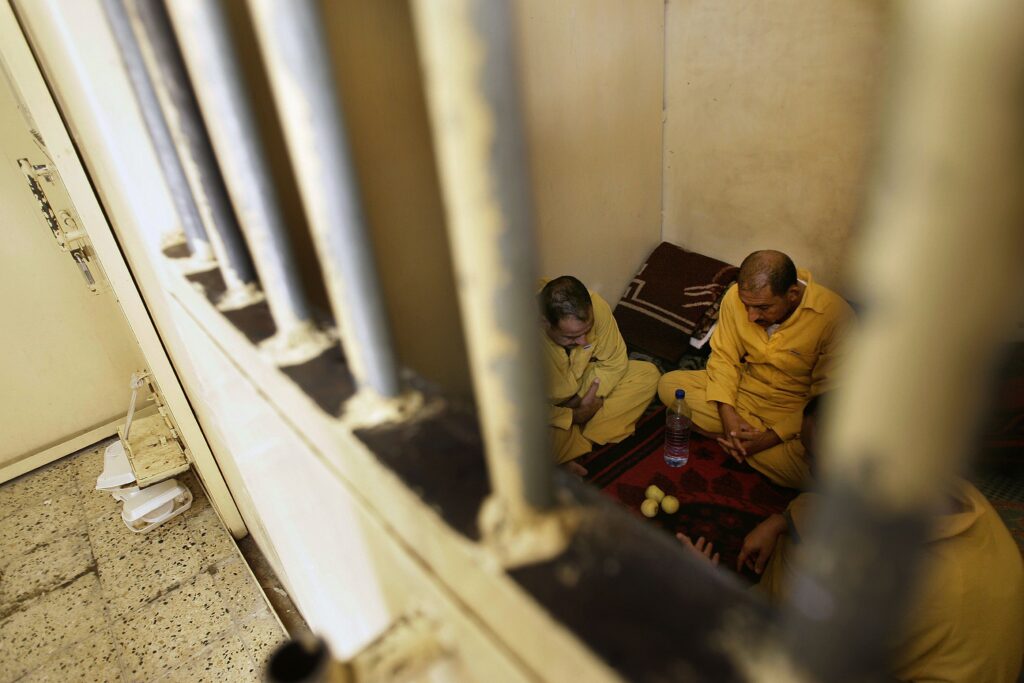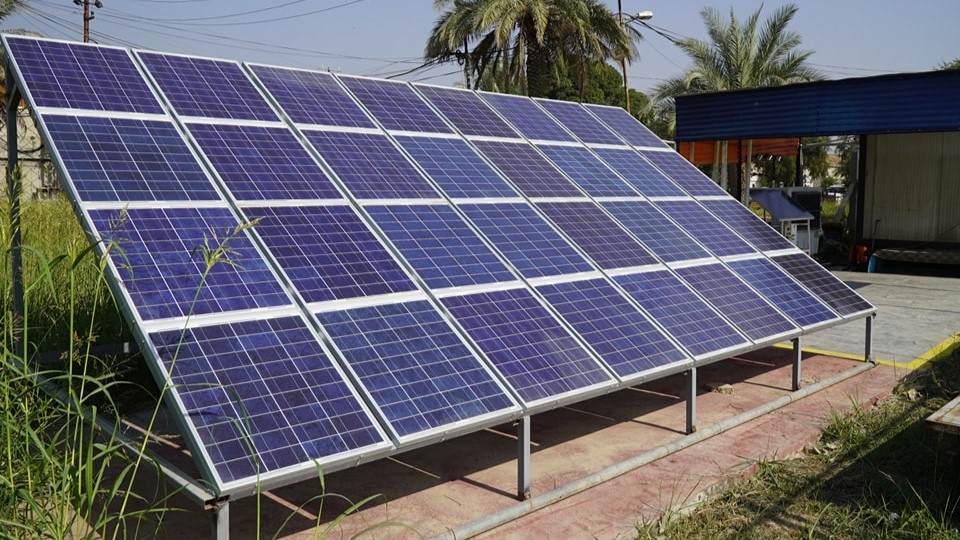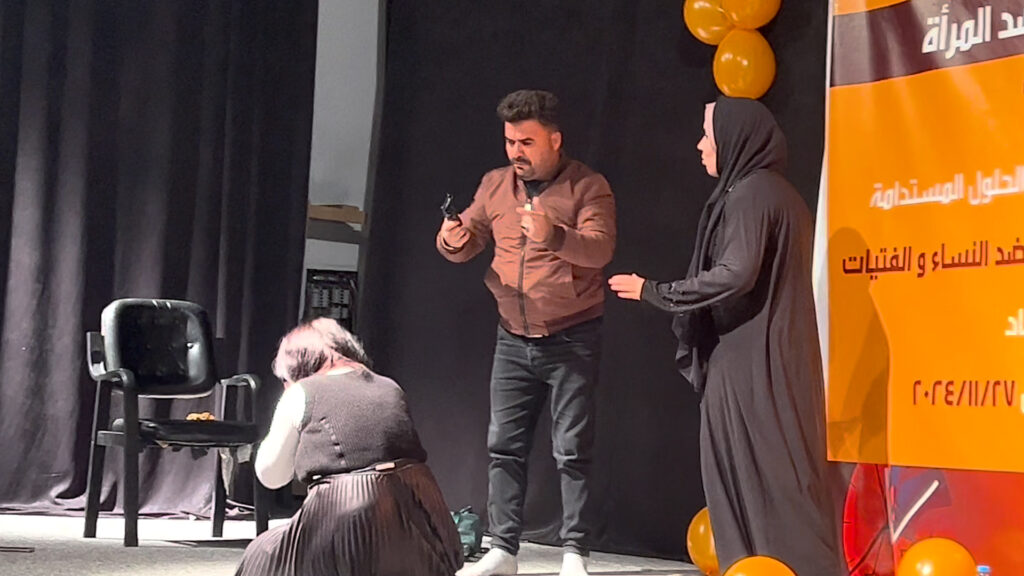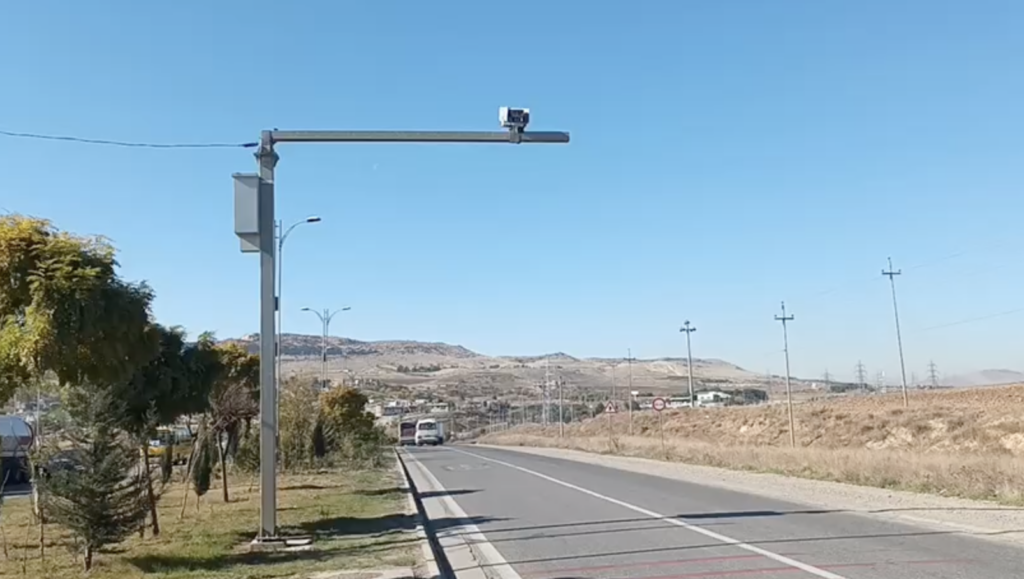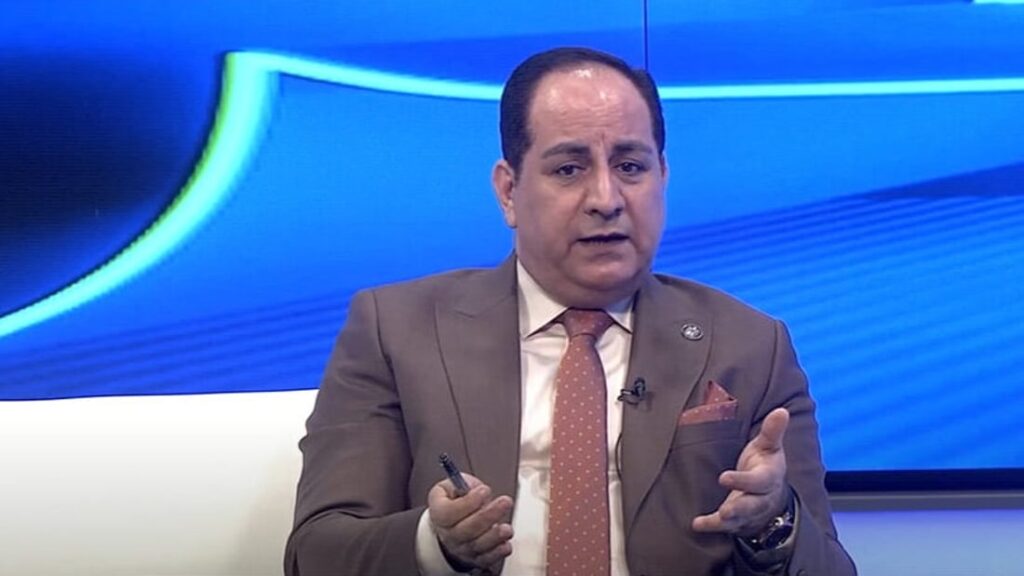Iraq: Iraq WASH Cluster Bulletin #4, May 2019
The conflict may be over but lack of water threatens returning families in Iraq Ronak's Story Ronak, aged 12, lives with her family in Ashoor neighbourhood in Bartella town, east of Mosul.
In 2014 Ronak and her family were forced to leave their home after they heard that ISIS was getting close to their town. “I was very sad to leave our house but I was afraid of the war, every day I prayed that one day, we would come back home.
Ronak and her family lived in the mountains overlooking Bartella for one year as they awaited for the conflict to end. “We could hear the gun fire and see the rockets flying at night, destroying our houses and our town” says Raida Shamoon, Ronak’s mother.
When the war ended, the family returned home recently to a house with no water and walls destroyed by gunfire. “At first we would not sleep at night fetching water from the last water point about a kilometre away” says Raida, Ronak’s mother. “Without water it was difficult to bath the children, clean the house and even rebuild the walls damaged by gun fire” she adds.
The lack of safe water is common across the parts of Northern Iraq which where water networks have been damaged or destroyed by the war.
Ronak and her family now have water in their home. “We have water at our school too, now I can study and make my dream to become a doctor when I grow up come true” she adds.
But for Ronak, this on its own is not enough. “we have enough to wash, clean and sustain our lives, but my family needs much more, We need peace, and I hope in the future there will be peace and not war” she says.
UNICEF with support from the Qatar Fund is collaborating with its partner, the Qatar Red Crescent, to improve water access for over 400 other families in Ashoor, Ronak’s Bartella Neighbourhood.
There are 1.8 million internally displaced people, including children, waiting to return to their homes. UNICEF is working to to improve water network systems in order to help make their return a possibility.


